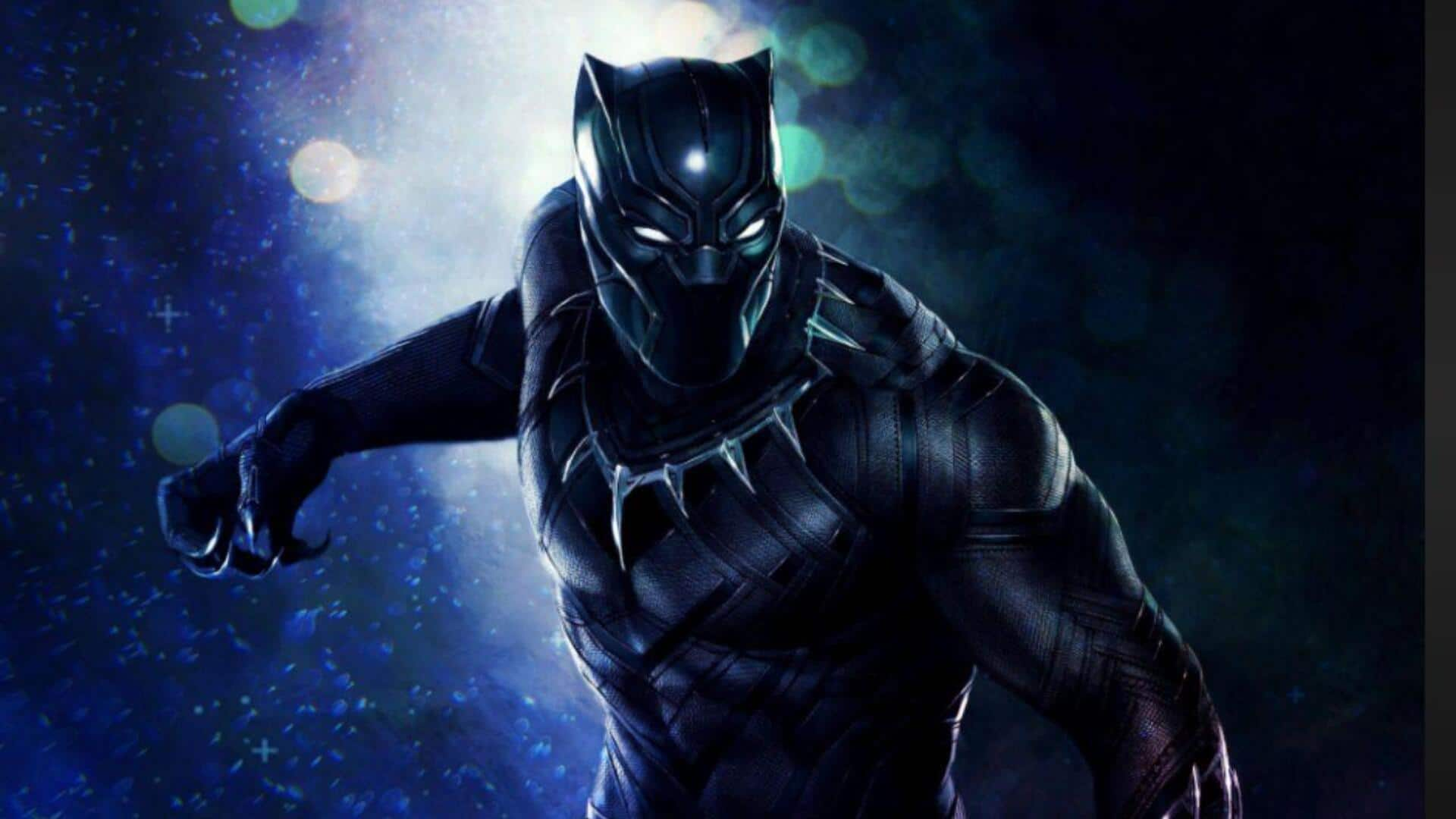
From comic books to blockbusters: The rise of Black Panther
What's the story
Over the years, the character of Black Panther has evolved in US cinema. From comic books to the big screen, Black Panther has grown into a cultural phenomenon. This piece traces the evolution of the superhero, the pivotal moments, and shifts in depictions that have led to where it is today. Let's take a look.
Comic beginnings
'Black Panther' comic book origins
Black Panther first appeared in Marvel Comics during the 1960s. Created by Stan Lee and Jack Kirby, he was introduced as T'Challa, king of Wakanda. The character was groundbreaking as one of the first Black superheroes in mainstream comics. His introduction marked a shift toward more diverse representation within comic books, paving the way for future adaptations.
Movie launch
'Black Panther' cinematic debut
The character made his cinematic debut in 2016's Captain America: Civil War. Played by Chadwick Boseman, the Black Panther stole hearts immediately with his unique abilities and a compelling backstory. His appearance set the stage for his standalone film, two years later, which would further etch his name in cinematic history.
Box office impact
Success of the 'Black Panther' film
Released in 2018, Black Panther not only became a massive critical success but also a commercial one, raking in more than a million across the globe. It soon became one of Marvel's top-grossing films back then. The movie's unprecedented success highlighted the audience's strong craving for diverse storytelling and representation on screen, making it a historic moment in cinema.
Cultural impact
Cultural significance of 'Black Panther'
Besides its box office success, Black Panther had a huge cultural impact. The movie positively showcased African culture, addressing themes of identity and heritage. It opened up a larger conversation on diversity in Hollywood, demanding more inclusive stories across all forms of media. This cultural wave urged the industry to accept and celebrate a wider range of stories and voices, making it a watershed moment in cinema history.